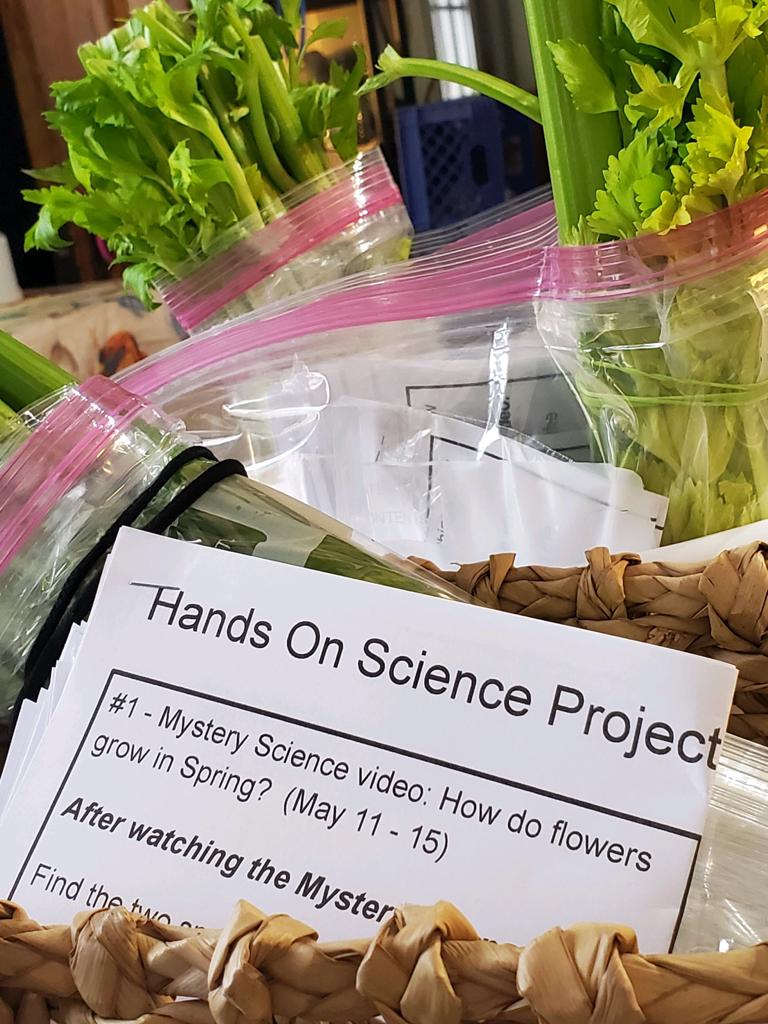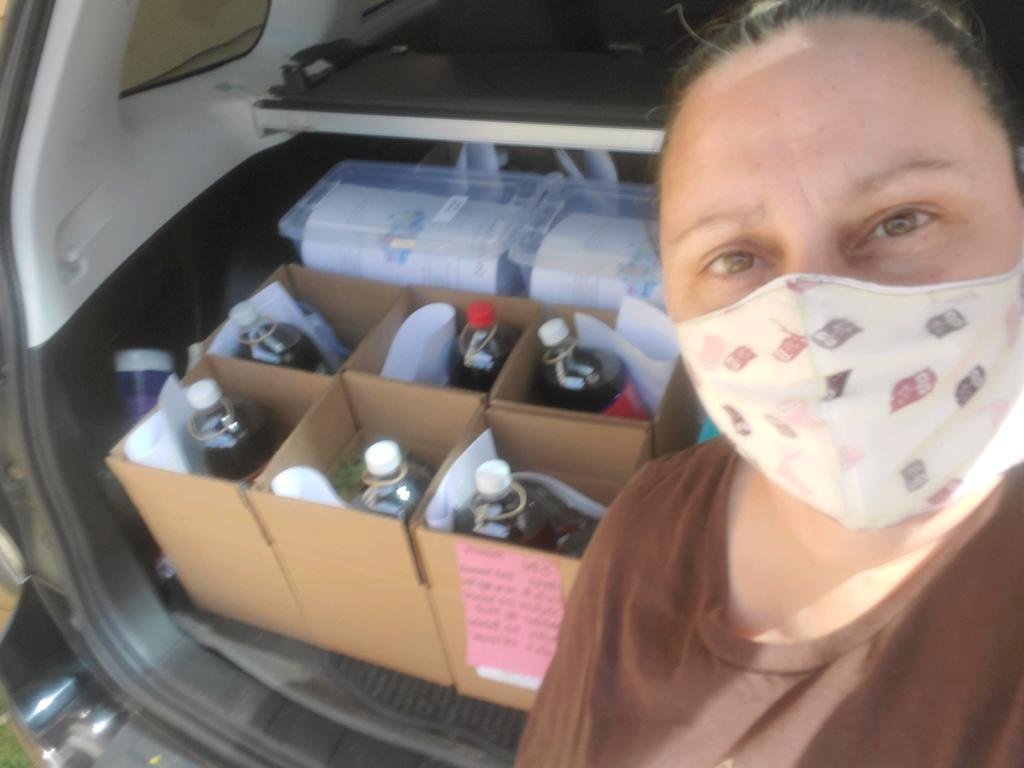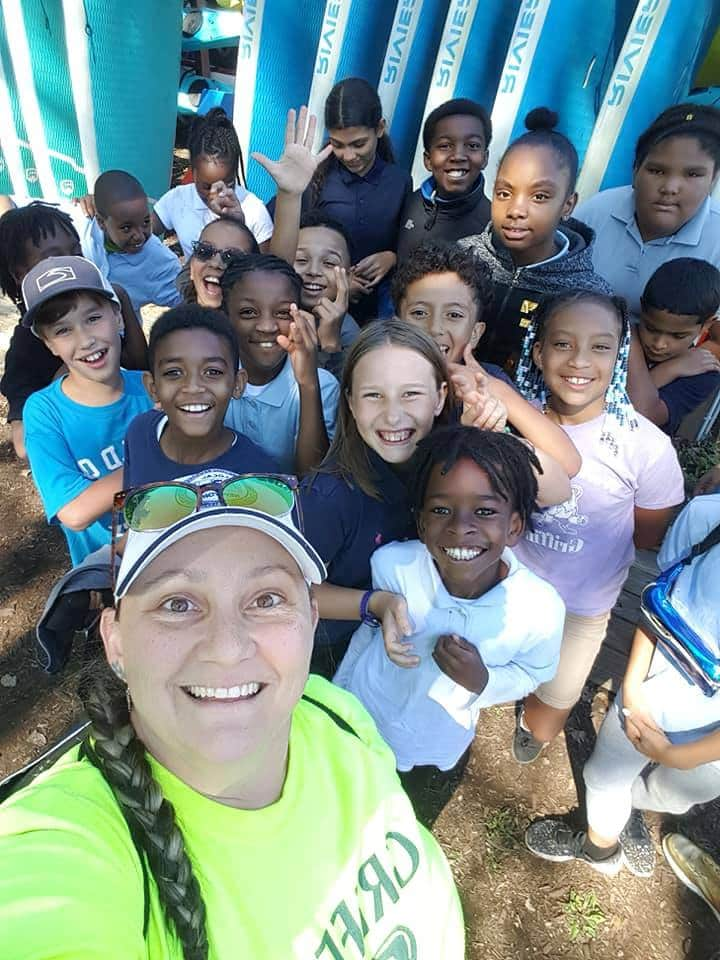UNITED STATES. Rochester, New York. Heading into her 30th year as an educator in an urban school district in Upstate New York, Jennifer Wagner, along with educators across New York, found herself removed from the classroom and her students as the US became the world’s epicenter for the COVID-19 pandemic and subsequent lockdowns.
Wagner’s undergraduate and graduate education prepared her for classroom management, gave her content expertise, and taught her pedagogic frameworks, but her many years of teacher training could not prepare her for the 2020 spring school semester. With only a few days’ notice, teachers had to pivot from classroom instruction to distance education as schools across the state closed to curb the spread of the highly infectious coronavirus.
Prepared for anything
Teachers and students are facing an uncertain future as schools are only just beginning to roll out proposed plans for the opening of the 20/21 school year. “I tend to be flexible and roll with things,” Wagner shared in an interview with Transcontinental Times. “For me, not knowing how things are going to look in the fall is not as nerve-racking as for some.” She feels confident that she can create a safe and effective learning environment, should schools decide to offer in-person instruction.
She continued, “In a perfect world, I would not mind going back to school face to face if there were only 10 [rather than the usual 25] students in my room. We would do everything we would have before, but with masks on, cleaning things well, teaching good hygiene and getting out into the world as much as we can for authentic learning experiences.”
For so many students across New York state, students’ education shifted from teamwork at group tables and a short walk to the teacher’s desk to ask a question to students at home, working alone, and hoping to get an appointment during a teacher’s online office hours. Many students were left with a list of assignments due by the end of the week. Very few students had the benefit of live instruction either by Zoom or other live video platforms.
Staying connected while maintaining distance
Wagner’s students were among the lucky ones, benefitting from her years of experience and passion. In keeping with her roll-with-it style, Wagner adjusted quickly in March and implemented innovative teaching methods that maintained the coveted relationships she had built with her students, many of whom are living in urban poverty. She expressed that it had always been a challenge to provide individualized education, and shifting to a distance model allowed her to connect with students one-on-one in a way she could not in the classroom.
Wagner made visits every week to each of her student’s homes. These home visits allowed her to deliver science kits, books, or personal items left at school.

She provided many online opportunities for her students to maintain a connection to one another as well. “I read aloud a book chapter by chapter on YouTube.” Students could listen on their own time and then share thoughts about what they heard. Popcorn and drinks were delivered to each home to enjoy “while we all watched a movie together on Zoom, using the chat box to ‘talk’ with [classmates].”

Traditional academic activities were also incorporated. “[The students] completed independent research projects of their choice and presented them over Zoom.” It was during these presentations that she saw many of her quieter students shine. “The ‘nay-sayers’ were not able to bring them down and sabotage the presentations with their comments or silliness.” Not having to manage a classroom also allowed Wagner a lot more time to meet one-on-one through video conferencing with students who needed extra help. She also made YouTube videos “to help them through tough math problems so they could pause and rewind if needed.”
Read also Americans Divided by School Reopening Debate
These adaptations to distance learning proved very successful. “There were only a few students from whom I did not receive any work, but about a quarter of the students did everything and more, which was actually better results than when we were in the classroom.”
Expeditionary learning well-suited to maintaining safe distance
As far as preparing for the upcoming school year, Wagner is ready for anything. “Many of the units I have planned were for exploring and studying the environment, water and soil through ancient and modern farming techniques. This lends itself to social distancing anyway” as the students will be doing most of this work in the field and out of the classroom as is typical for expeditionary learning.
An exceptional teacher’s creative approaches to education may become an example to other educators uncertain about how to provide a quality curriculum while maintaining the close bonds that teachers and students alike value the most.



